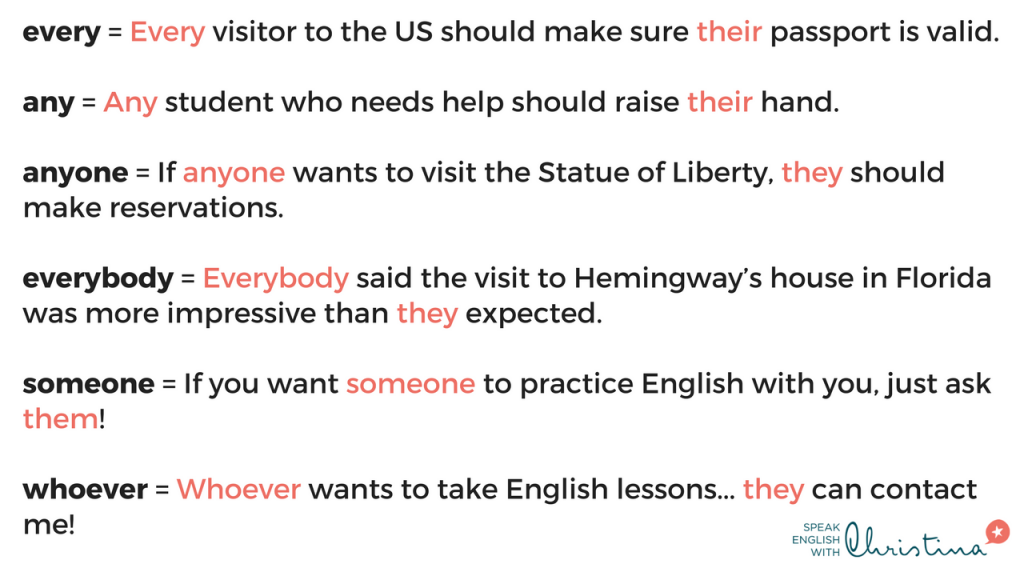
/getty_pronoun-173337694-56af9cab3df78cf772c6a9a4.jpg)
Hir favourite place to study is the fourth floor of the library.īrennan is studying Journalism at Carleton. Ze moved to Ottawa from Burlington, and you can find hir in Glengarry House. zir favourite place to study is the fourth floor of the library.īrennan is studying Journalism at Carleton. Ze moved to Ottawa from Burlington, and you can find zir in Glengarry House. Their favourite place to study is the fourth floor of the library.īrennan is studying Journalism at Carleton. They moved to Ottawa from Burlington, and you can find them in Glengarry House. His favourite place to study is the fourth floor of the library.īrennan is studying Journalism at Carleton. He moved to Ottawa from Burlington, and you can find him in Glengarry House. Her favourite place to study is the fourth floor of the library.īrennan is studying Journalism at Carleton. She moved to Ottawa from Burlington, and you can find her in Glengarry House. She/her/hersīrennan is studying Journalism at Carleton. Below that are some dos and don’ts for sharing pronouns and what to do if you or someone else makes a mistake, as well as some further pronoun resources. See the table below for some examples of how common pronouns are used in sentences. It’s important to remember as well that pronouns don’t tell you what someone’s gender identity might be, just what words they are most comfortable being referred to with.

This assumption is harmful as it reinforces the idea that people of a certain gender have to look, dress, or act a specific way. People often assume they know what someone’s pronouns will be based on their name, the way they dress, or the way they look. These are the words used to refer to someone other than yourself or the person you’re speaking to. They’re an easy shorthand that replace nouns in speech and writing and are used in sentences like “How are you today?” or “ I’m doing well, thank you.” While “I” and “you” are both pronouns, this resource is mostly focused on singular, third person pronouns. Pronouns are the words we use to refer to one another. This resource is designed to help you understand what pronouns are, how they’re used in day-to-day conversation, how to learn the pronouns of others, and what to do if you make a mistake. One of the easiest ways university staff, faculty, and student leaders can make the spaces they work in feel safer for their trans and nonbinary student and peers is by learning and using their correct pronouns. This guide was adapted from the Smith College resource on pronouns.



 0 kommentar(er)
0 kommentar(er)
